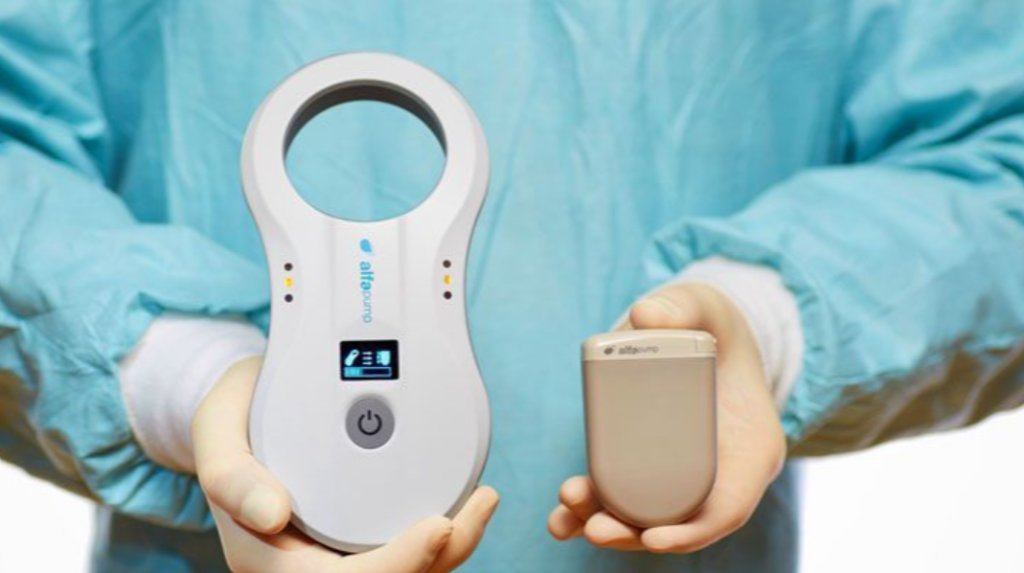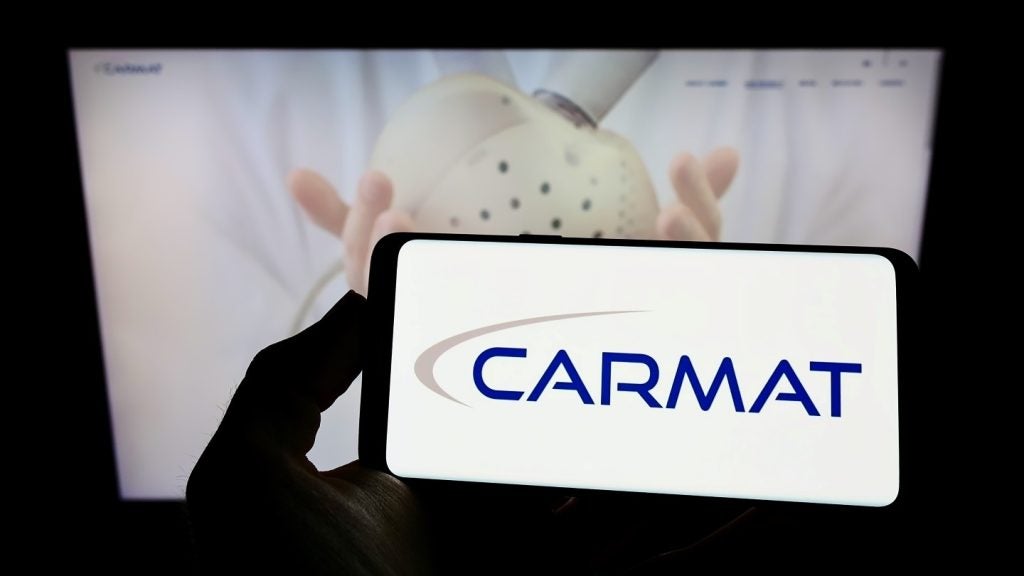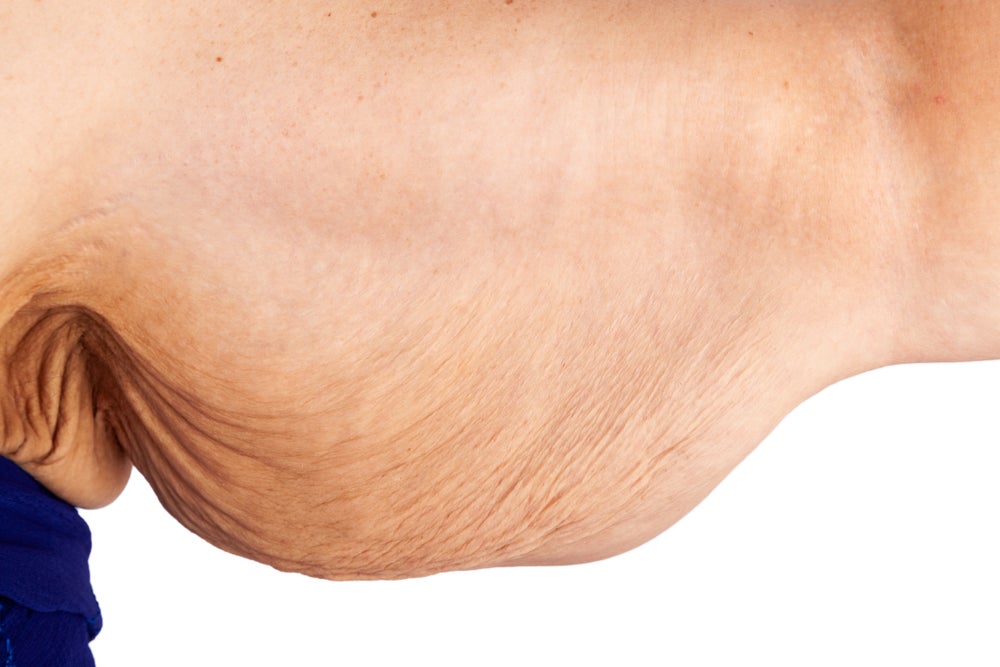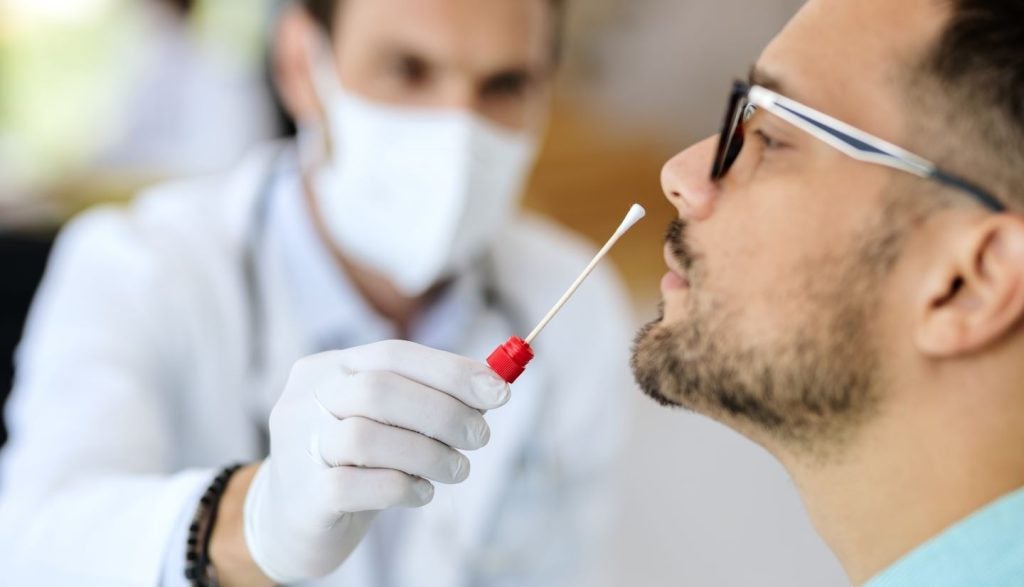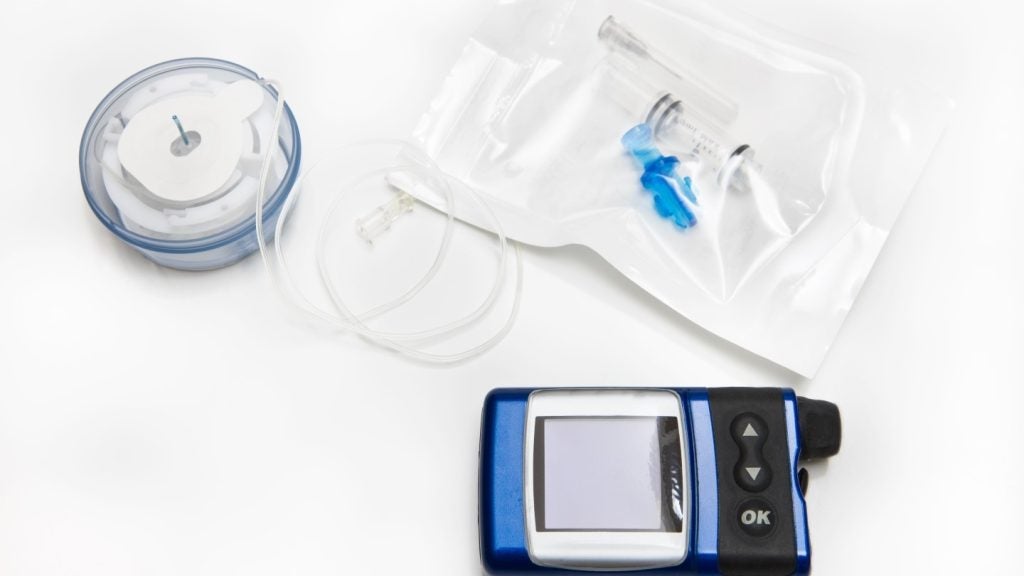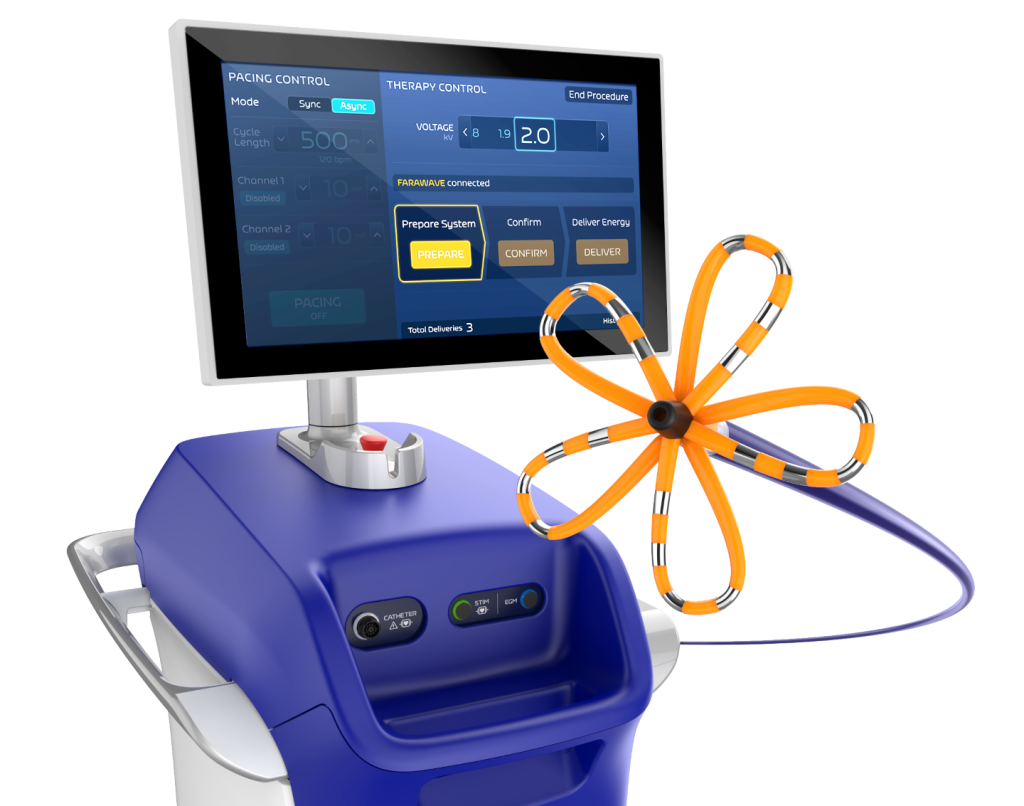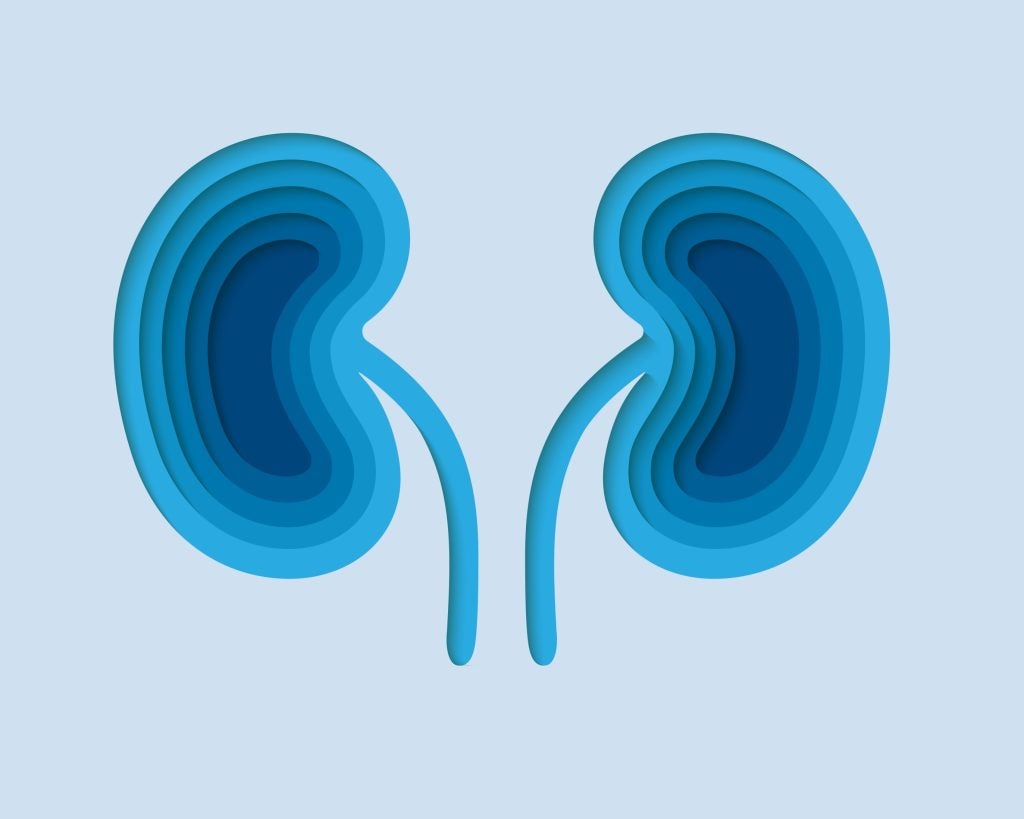Sequana Medical has submitted a premarket approval (PMA) application to the US Food and Drug Administration (FDA) for its implantable alfapump device.
The pending approval is for use in patients with recurrent or refractory ascites due to liver cirrhosis, according to a 28 December press release.
A decision by the agency is expected in the second half of 2024, according to Sequana’s CEO Ian Crosbie.
Belgium-based Sequana’s alfapump system has already been in use in Europe for over a decade, having received CE mark approval for the same indication in 2011. It received breakthrough device designation by the FDA in 2019.
The pending application for US market approval is supported by the results of a pivotal POSEIDON study. The trial (NCT03973866), which enrolled 69 patients with recurrent or refractory ascites due to liver cirrhosis, met its primary effectiveness endpoints and primary safety endpoints.
Recurrent or refractory ascites is a severe condition characterised by the build-up of fluid – in some cases an extra 15 litres – in the abdomen. The alfapump system automatically collects the fluid and moves it to the bladder to be eliminated through urination. Sequana says the device could become the first active implantable medical device in the US to conduct this task.
Currently, treatment involves invasive procedures that use a needle to drain ascites from the abdomen.
Sequana’s CEO Ian Crosbie said: “Data from our North American pivotal study demonstrate the potential for alfapump to transform the lives of these patients by virtually eliminating the need for paracentesis and delivering clinicially important improvements in quality of life. We anticipate FDA approval in the second half of 2024.”
Sequana states that the North American market for recurrent or refractory ascites due to liver cirrhosis is estimated at 78,000 patients in 2025. This number is expected to grow at 6-7% per year, reaching over 170,000 patients in 2035. The increase in the prevalence of non-alcoholic steatohepatitis (NASH) / metabolic dysfunction-associated steatohepatitis (MASH) is a key driver of the market.
In July 2023, the company announced plans to increase focus on its other lead candidate for congestive heart failure patients. Sequana’s MOJAVE is a randomised Phase I/IIa trial in the US to evaluate the use of its direct sodium removal (DSR) platform. The trial received Investigational New Drug (IND) clearance in May 2023.


